Community Association Lawyers in Horry County, SC
With Law Offices in Myrtle Beach, North Myrtle Beach, and Litchfield

With Law Offices in Myrtle Beach, North Myrtle Beach, and Litchfield
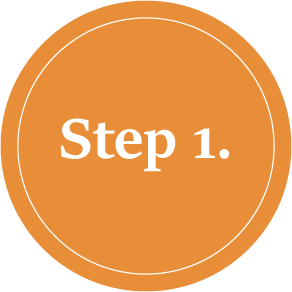
Reach Out to Our Attorneys

We Help You Fight Your Charges

Get Your Life Back on Track

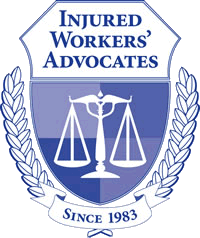
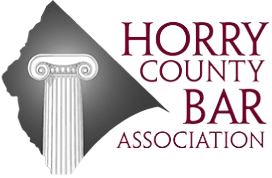
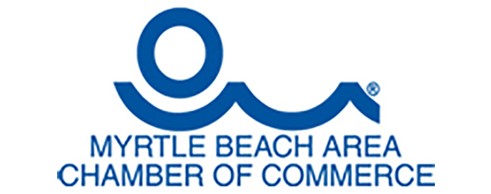
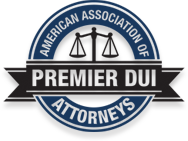
We understand that the legal system is not set up in favor of defendants or plaintiffs. That is why we have shaped our entire practice to be client-centered and compassionate. Our lawyers take special care to explain the court process and ensure that clients feel heard and understood.
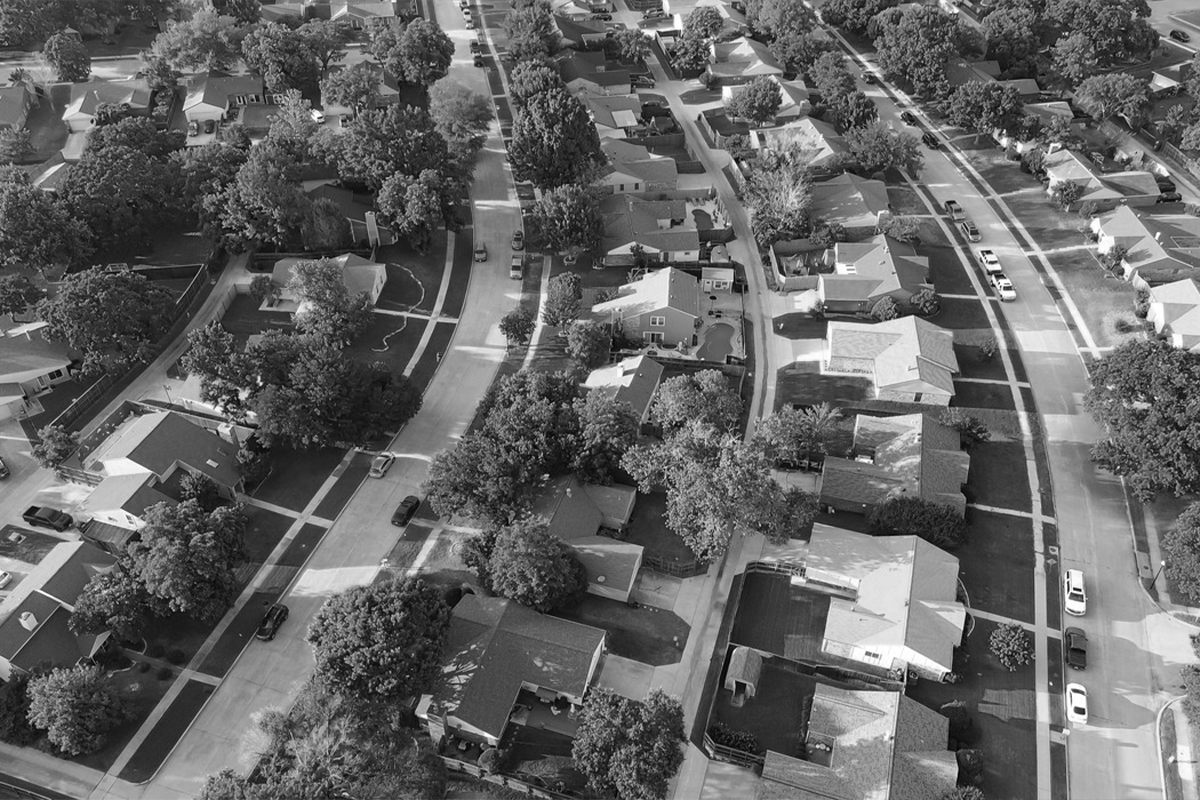
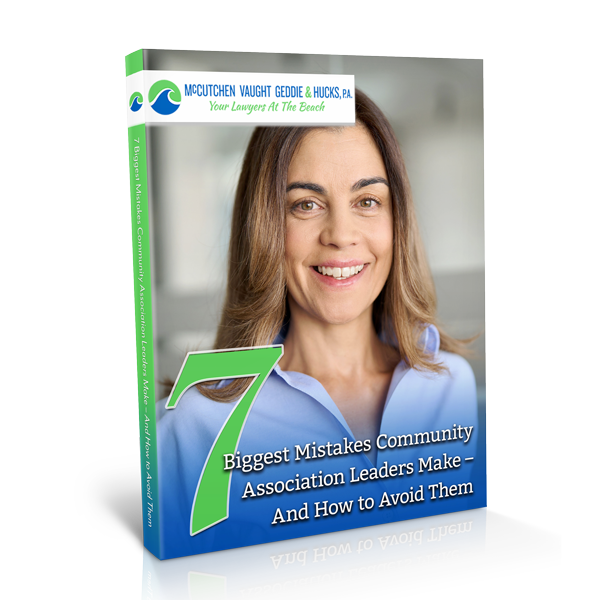
Learn what you should and shouldn't be doing to help your HOA case in South Carolina. Submit your information below to download our free PDF Guide.
![]()
During this most difficult period of time in my life, Margaret Evans and the staff assisted me during my divorce. I needed legal counsel which was provided professionally and efficiently. Thank you for your prompt and courtesy service to me.
![]()
Made the home closing process quick and easy! We appreciated their quick and clear communications, especially since our closing was over the holidays.
See what our clients have to say about our law firm and the people who are a part of it.
Community associations play an essential role in managing and maintaining residential neighborhoods, ensuring that homeowners and residents enjoy a safe, harmonious, and well-maintained living environment. In Horry County, SC, community association law is pivotal in ensuring that these associations are run smoothly, helping to govern shared spaces, enforce rules, and preserve property values. Understanding how community association law functions is crucial for homeowners, residents, and those who serve on boards to ensure legal compliance and avoid potential conflicts.
Community associations typically consist of a board of directors elected by the homeowners. The board oversees the management of the community and is responsible for ensuring that the association runs effectively. In Horry County, SC, as in many other regions, these associations are governed by a set of rules and regulations, often found in the community’s governing documents, such as bylaws, covenants, and rules. These documents outline the specific responsibilities and rights of homeowners and the association itself.
One of the main duties of a community association is managing common areas, such as parks, walkways, and pools, which are shared by all residents. These areas must be properly maintained to ensure safety, aesthetics, and functionality. Community association law provides the framework for managing these shared spaces, establishing rules for their use, and ensuring that the costs for maintenance and repairs are fairly distributed among all members. The association’s ability to manage these areas efficiently helps to maintain the overall value of the properties in the community.
Living in a community governed by an association comes with specific legal responsibilities. Homeowners and residents must adhere to the community’s governing documents, which set forth guidelines on everything from property maintenance and exterior modifications to noise levels and pet policies. By understanding and following these rules, residents contribute to the smooth functioning of the community and avoid conflicts with their neighbors.
For community association boards, it is equally important to understand their legal obligations. These responsibilities include not only enforcing rules but also ensuring that they do so in a fair and consistent manner. Community association laws help protect both homeowners’ and residents’ rights, allowing the board to take necessary actions to enforce the rules while avoiding violations of individual rights. For example, if a resident is found in violation of a rule, the board must ensure that any enforcement action is taken within the scope of the governing documents and relevant laws, preventing potential legal challenges.
A community association board holds several crucial responsibilities that directly impact the quality of life in a residential community. Among these are rule enforcement, the collection of dues, and the management of maintenance and repairs for shared spaces. When it comes to rule enforcement, the board must carefully navigate disputes between residents to ensure that their actions are both legal and just. This includes upholding the community’s bylaws, covenants, and any other established rules.
Additionally, community associations are responsible for the collection of dues or assessments, which are used to fund essential services such as maintenance, landscaping, security, and insurance for shared spaces. Ensuring timely collection of these dues is critical for the association’s financial health, and any financial issues related to dues or assessments must be managed efficiently to avoid problems for both the board and residents.
Another important responsibility of the board is handling the upkeep of shared spaces, such as communal gardens, swimming pools, or clubhouses. Maintaining these areas requires careful planning, budgeting, and regular inspections to ensure that everything is in proper working condition. By managing these responsibilities effectively, the community association helps maintain the overall appeal and property values of the neighborhood.
Managing a community association often involves dealing with complex legal matters, and this is where a qualified community association lawyer in Horry County, SC, can be invaluable. From helping board members understand their legal responsibilities to providing advice on how to handle disputes with residents or contractors, a community association lawyer can guide associations through the intricacies of governance and ensure compliance with local, state, and federal laws.
For example, a community association lawyer can assist in drafting or reviewing governing documents such as bylaws and covenants, ensuring that they comply with all legal requirements. They can also advise boards on the appropriate methods for enforcing rules, handling disputes, and addressing issues related to property maintenance or financial concerns. By consulting with a lawyer, boards can mitigate the risk of legal issues and ensure that they are following the proper procedures when addressing conflicts or issues within the community.
Like any organization, community associations face challenges that can disrupt the smooth functioning of the neighborhood. Common issues include conflicts between residents over rule enforcement, disagreements about property maintenance, or financial problems related to dues or assessments. When these challenges arise, it is important for the community association board to have a clear strategy for resolution.
Our skilled community association lawyers in Horry County, SC, can help navigate these challenges by offering practical legal advice and solutions. For instance, if a dispute arises between residents over a rule violation, a lawyer can help facilitate negotiations to find a fair resolution. In cases involving financial issues, a lawyer can assist the board in managing overdue dues or assessments while ensuring compliance with legal requirements.
One of the most important aspects of community association law is ensuring that the governing documents, such as bylaws, covenants, and rules, are clear, comprehensive, and legally sound. These documents form the foundation of how the community operates, and any ambiguities or inconsistencies can lead to confusion or legal disputes.
A qualified community association lawyer in Horry County, SC, can help draft or review these governing documents, ensuring that they comply with current laws and accurately reflect the needs of the community. This is particularly important when making changes to existing documents or introducing new rules. A lawyer can also advise on compliance with state and federal regulations, minimizing the risk of legal challenges and helping to ensure that the community operates within the boundaries of the law.
When it comes to community associations in Horry County, SC, residents and property owners often face challenges that can lead to disputes and confusion. Understanding the common mistakes that can occur in these situations can help prevent unnecessary stress and complications. One of the most frequent mistakes is failing to fully understand the association’s governing documents. Many people move into a community and assume they know what the rules are, but these documents can vary greatly from one association to another. It’s crucial to review and familiarize yourself with the bylaws, covenants, and other important rules. Ignoring or misunderstanding these can lead to conflicts with neighbors or the association’s board of directors.
Another common mistake is not communicating effectively with the association’s board. Whether you’re a homeowner or a member of the board, maintaining open lines of communication is essential. Failing to express concerns or complaints in writing can result in misunderstandings and delays in resolving issues. Additionally, many individuals overlook the importance of attending board meetings, which are crucial opportunities for discussion and understanding the decisions being made.
One of the biggest mistakes individuals make is not thoroughly reviewing the association’s governing documents before taking action. These documents, including the covenants, conditions, and restrictions (CC&Rs), outline the rules and regulations of the community. Violating these rules—whether knowingly or unknowingly—can result in fines or legal action. It’s vital to fully understand the expectations and limitations in place, as they are legally binding. If you’re unsure about any part of the document, it’s wise to consult with a community association lawyer who can help explain its details in a way that makes sense for you.
Another frequent mistake is failing to maintain consistent communication with the board. Whether you’re dealing with a dispute, asking for a change to a rule, or seeking clarification, ignoring the opportunity to communicate can cause frustration on both sides. Properly submitting requests and concerns in writing helps create a paper trail and ensures that the matter is taken seriously. It also allows you to avoid the complications that arise from misunderstandings. Attending meetings regularly can also provide valuable insight into the decision-making process, helping to foster a stronger relationship with the board.
Delaying action on issues can often make problems worse. Whether you’re dealing with a neighbor’s violation of the community rules or a misunderstanding with the association, procrastination can lead to bigger disputes down the road. Taking swift action by addressing the issue early on can help prevent legal issues from escalating. Sometimes, a small misunderstanding can quickly turn into a legal battle if it’s not resolved in a timely manner. If you find yourself stuck or unsure about how to approach a situation, it’s always a good idea to seek guidance from a community association lawyer.
Steps to take if a homeowner constructs an unapproved structure
Can a community association place a lien on a homeowner’s property for unpaid fees?
How can a community association attorney help ensure compliance with state and federal laws?
Dealing with HOA Governance Issues?
What documents cover a community association?
What is the role of a community association attorney?
This client story is for educational purposes only.
Running a community association often meant dealing with complex issues, but Michael never expected to find himself in the middle of a heated homeowner dispute. As the president of a neighborhood association in Horry County, SC, he took pride in maintaining a well-organized and welcoming community. The rules were in place to protect property values and maintain harmony, but when a homeowner named Teresa began pushing back against the association’s restrictions, things quickly became complicated.
Teresa had recently purchased her first home, eager to make it her own. However, she felt stifled by the association’s strict guidelines, which dictated everything from landscaping choices to exterior home modifications. What should have been a smooth transition into homeownership had instead become a frustrating experience. She submitted multiple requests for changes, but her concerns were met with red tape and delays. The more she pushed for clarity, the more the tension between her and the association grew. Michael wanted to resolve the situation fairly, but he also needed to make sure the association was following the law and upholding its bylaws properly.
Uncertain of the best course of action, Michael turned to Lawyer Luther McCutchen IV for guidance. From their first meeting, Luther listened intently, recognizing the delicate balance Michael needed to maintain—enforcing the association’s rules while ensuring homeowners were treated fairly. He reviewed the bylaws, examined Teresa’s complaints, and helped Michael understand the legal framework surrounding homeowner rights and association governance.
Luther quickly identified areas where the association’s enforcement could be adjusted without compromising its integrity. He explained how to approach Teresa in a way that de-escalated tensions while maintaining the community’s standards. Michael learned how to clearly communicate the reasoning behind the association’s policies while also providing a structured process for Teresa to voice her concerns in a productive way.
With Luther’s guidance, Michael worked to resolve the conflict efficiently and professionally. Rather than allowing the dispute to turn into a costly legal battle, he was able to foster an open conversation that led to mutual understanding. Some of Teresa’s requests were approved, while others were modified to meet both her needs and the association’s guidelines.
By the time the matter was settled, Michael felt more confident than ever in his role as a community leader. With a deeper understanding of South Carolina’s community association laws, he knew that moving forward, he could navigate future homeowner disputes with clarity and confidence. Thanks to McCutchen Vaught Geddie & Hucks, P.A., he had protected the integrity of the association while ensuring fairness for all homeowners—turning what could have been a legal nightmare into a valuable learning experience.
A community association is an organization formed to manage and oversee the common interests of a community, such as a neighborhood, condominium complex, or townhouse development. Its primary purpose is to enforce the rules and guidelines that maintain the overall value and quality of life for residents. By pooling resources and making collective decisions, the association helps ensure that shared spaces are maintained, that the property values remain strong, and that residents have a voice in how the community operates.
Board members are responsible for making decisions that affect the entire community, including overseeing finances, enforcing the association’s rules and regulations, and ensuring the proper maintenance of shared areas. Their duties include holding regular meetings, managing the community’s budget, approving contracts for services like landscaping or security, and addressing resident concerns. Board members must act in the best interests of the community and follow all legal and financial obligations set forth in the governing documents, such as the bylaws and covenants.
Community association meetings are typically held on a regular basis, either monthly or quarterly, to discuss issues affecting the community and make decisions on important matters. Meetings should be open to all members, providing them with an opportunity to voice concerns, suggest ideas, and participate in the decision-making process. Proper notice of these meetings must be given in advance, and minutes should be recorded to ensure transparency. Board meetings often focus on administrative matters, while annual meetings allow all members to vote on key issues, such as budgets or board elections.
Disputes within a community association can arise between residents, between residents and the board, or between board members themselves. The first step in resolving conflicts is open communication, with many associations encouraging informal discussions before pursuing formal actions. If disputes persist, associations often have established procedures, such as mediation or arbitration, to handle conflicts in a neutral and efficient manner. If necessary, legal action may be taken, but efforts should always be made to resolve issues amicably to maintain the community’s harmony.
Managing finances is one of the most important duties of the board. Community associations typically maintain a budget that includes income from dues and assessments, as well as expenses for maintenance, utilities, insurance, and other necessary services. The board should ensure that the association’s finances are managed transparently and responsibly, and they must prepare financial reports for the residents, especially at annual meetings. Proper financial management includes setting aside funds for reserves, which are essential for long-term repairs and unexpected expenses. Regular audits or reviews are also important to ensure that the association’s financial health is sound.
Community associations are responsible for enforcing the rules and regulations set forth in the governing documents, such as covenants, conditions, and restrictions (CC&Rs). This can include issues like property maintenance, noise levels, or parking restrictions. Enforcement typically begins with a warning, followed by a formal notice if violations continue. The board may impose fines or take legal action if necessary, but it’s important for the association to follow a consistent and fair process to ensure that all residents are treated equally. Clear communication and documentation are essential in this process.
If you have a concern about your community association, the best approach is to first communicate with the board. You can attend a meeting to raise the issue or reach out directly to the board members via email or phone. Many associations have a specific process for submitting concerns or requests in writing. If the issue isn’t resolved through direct communication, you may want to review the governing documents of the association or seek legal advice, particularly if you believe that the board is not adhering to the rules or laws governing the association.
If you are a homeowner or board member of a community association in Horry County, SC, and need legal support, McCutchen Vaught Geddie & Hucks, P.A. is here to help. We offer legal consultations to discuss your unique legal needs. Our firm is dedicated to helping you navigate the complex world of community association laws, ensuring that your association operates smoothly and in full compliance with the law. Whether you are dealing with governance issues, disputes, compliance challenges, or contracts, our team will work closely with you to address your concerns and find solutions that are in the best interest of your community.
Having an experienced community association lawyer by your side is essential for maintaining the harmony and legal health of your community. Our firm understands that conflicts can arise, and it is our mission to help resolve these issues fairly and efficiently. We are here to guide you through the legal processes that affect your community, protecting the rights of all residents while ensuring that your association’s rules and regulations are upheld. From preventing issues to resolving ongoing disputes, the guidance of a skilled lawyer can make all the difference in fostering a positive living environment for your community.
Reach out today to McCutchen Vaught Geddie & Hucks, P.A. to learn how we can support your community association. We look forward to helping you ensure the success and stability of your community in Horry County, SC.

I have used this law firm for years. Not only are they professional but very personal and compassionate. Everyone there has been such a blessing in times when I needed it the most. Gene Vaught has been my attorney for the past 24 years and has always gone above and beyond in any and every way. So thanks y’all and keep up the great work.